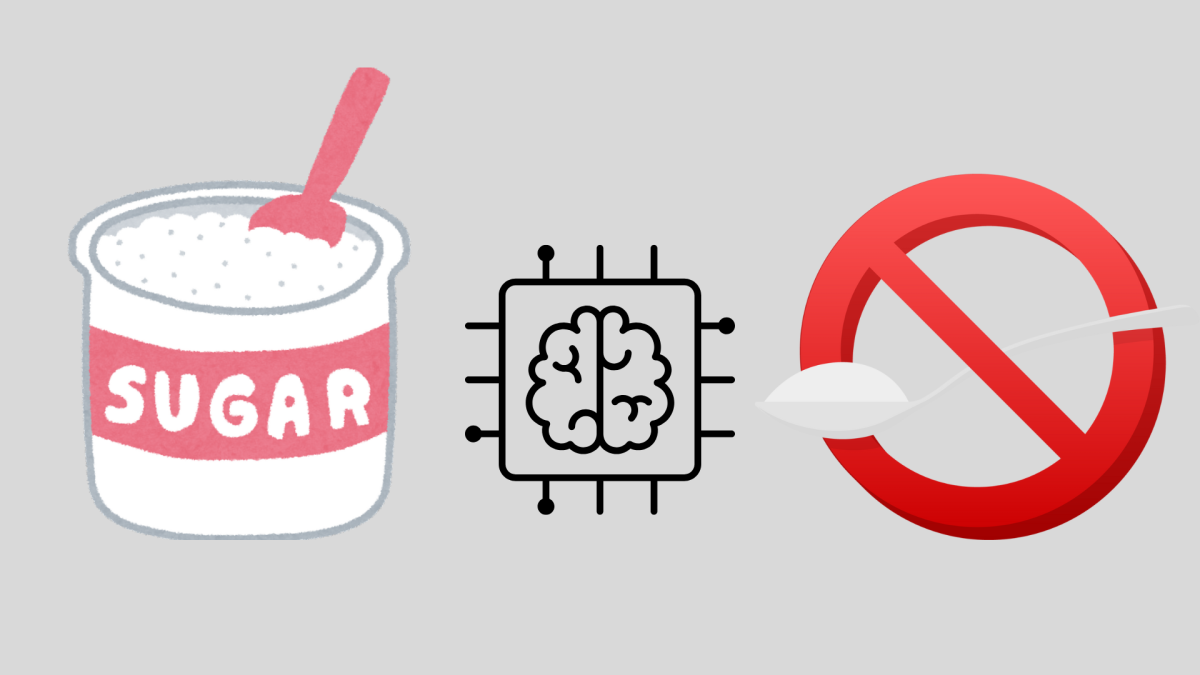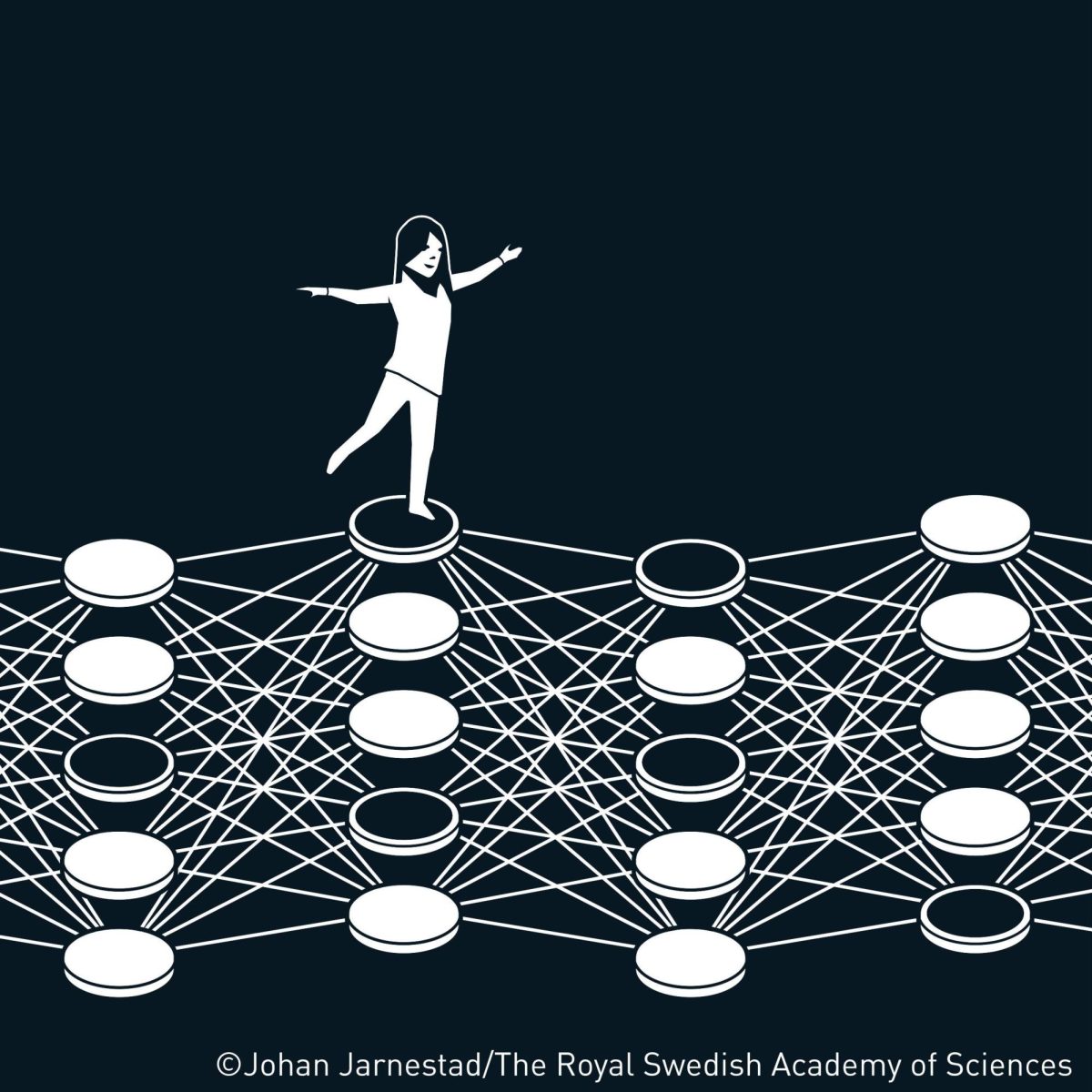Scalping refers to someone buying some item in bulk and then reselling that item at a far greater price. Scalping is a practice that has become more prevalent in online shopping for the past few years, but it got its start much before that mainly with concert tickets
This practice has since spread its wings and soared to new heights with the introduction of online shopping, preorders and anything else that involves high demands. As of late, there have been innovations in the scalping process to make it more efficient. Bots have been created that can refresh websites and buy products faster than any normal human could.
Although those who practice scalping see it as a legitimate business practice, others believe it to be exploitative and scummy.
From a legal standpoint, there is nothing objectively wrong with scalping. There are no laws preventing someone from making a purchase and deciding to resell it for whatever price they wish. From a moral standpoint, there are many arguments that could be made regarding the ethics of scalping.
In scenarios where the scalping occurs over entertainment items such as concert tickets, movie tickets, new video game consoles and computer parts, there are not many real arguments that can be made against the practice. The biggest argument is that it makes it more difficult for people to get their hands on things than necessary.
There have been some times where scalping has been more than an annoyance. Shortly after the pandemic hit its stride, scalpers were purchasing mass amounts of toilet paper, alcohol wipes, hand sanitizer and other things that were in high demand at that time. This made it difficult for many people to get things that may have been important to them for medical reasons or just in preparation for lockdown.
Senior Xavier Jones thinks given the current circumstances, scalping does more good than bad. “It gives people the opportunity to make money when they don’t exactly have the opportunity to. Like people who are out of a job because of COVID so this helps them keep themselves alive,” he explained This is assuming the scalping being done is not actively harming others possible wellbeing.
Ethan Almonrode, a senior, sees it in another light. “I personally think that scalping is a terrible thing for the consumers, but a fantastic way to increase demand for the company. It’s a terrible thing because no one should have to pay double or even triple the price for a video game console that’s cheapish for a reason,” he said.
“It just feels like a scam for people who want to buy their children the new consoles for Christmas but can’t buy them at the retail price since scalpers are buying all of the stock,” he continued.
Almonrode also believes that there are ways to help limit the damage scalpers do to consumers, “I think businesses can do a better job at bot protection on their websites. PlayStation Direct is a great example of this as they have a queue system that randomly lets people in instead of all at once.”
Scalping has become a big part of online shopping. At first, it was mostly just a way for some people to get a quick buck off of things people could live without, but as time progressed, and the process evolved, it became something that could easily cause a lot of annoyance or even distress to the average consumer.
Given the way that scalping feeds off of any market it likely will not be going anywhere anytime soon without any sort of legal intervention.









